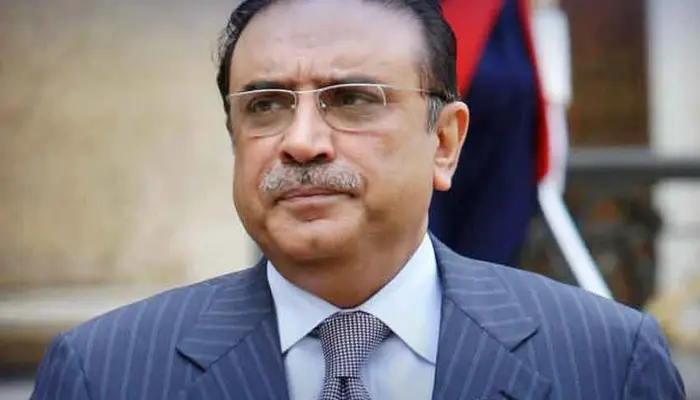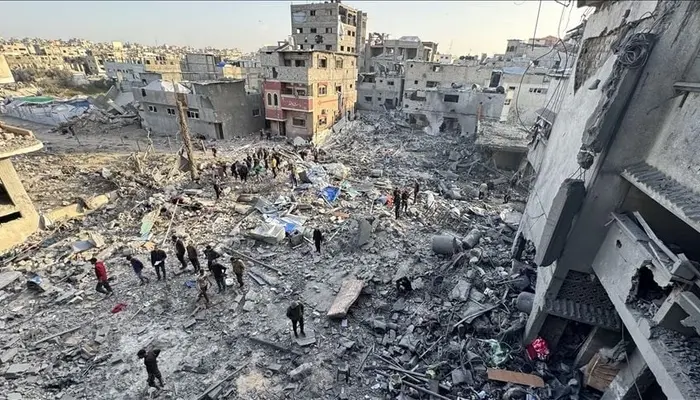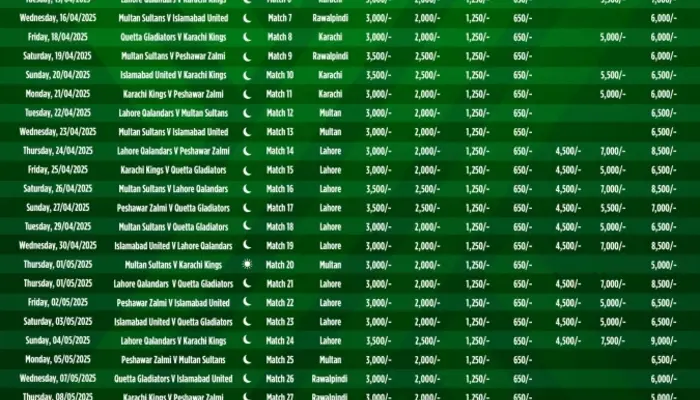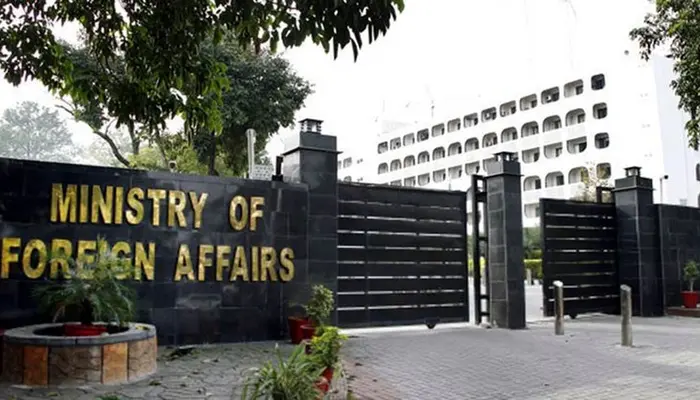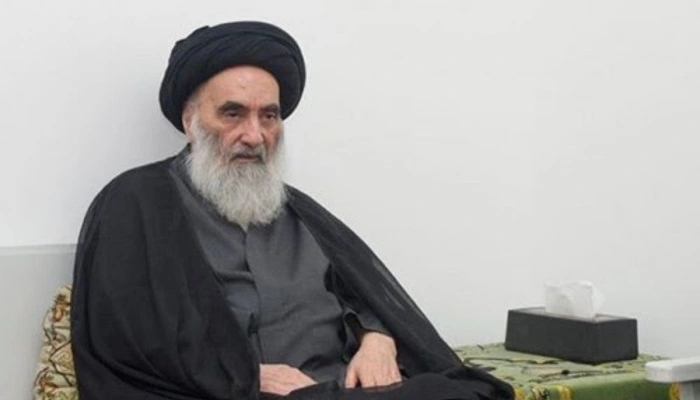
Tensions between Iraq and Israel have intensified following a controversial broadcast by Israel’s Channel 14. The right-wing Israeli network aired an image listing prominent anti-Israel resistance leaders as assassination targets. Among the figures listed was Iraq’s top Shia cleric, Grand Ayatollah Ali al-Sistani. This marked the first time al-Sistani has been included on such a list, sparking outrage across Iraq.
Many in Iraq view the inclusion of al-Sistani as a dangerous provocation. For them, it is akin to a declaration of war. Channel 14, closely aligned with Israeli Prime Minister Benjamin Netanyahu, aired the image during its coverage of resistance leaders. Although the channel is not an official voice of Israeli policy, its broadcast is seen as a significant insult in Iraq. Ayatollah al-Sistani is deeply revered, making the broadcast particularly inflammatory.
Read: Iran Issues Stern Warning to Gulf States Over Use of Airspace for Attacks
US Praises for Promoting Peace
The outrage in Iraq was swift. In response, Washington expressed solidarity with al-Sistani. U.S. Ambassador to Iraq, Alina Romanowski, condemned the inclusion of al-Sistani on the list. She praised the cleric for his efforts in promoting peace and stability in the region.
The Iraqi presidency also issued a stern warning. It stated that continued provocations could escalate the already volatile situation in the region. “This aggression will only fuel more violence and bloodshed,” the presidency warned, urging the international community to intervene swiftly to prevent further escalation.
Political and religious groups across Iraq voiced their condemnation. National Security Adviser Qasim Al-Araji called the inclusion of al-Sistani a “grave provocation” that would not go unanswered. He emphasized the importance of maintaining respect for Iraq’s religious leaders.
Read:Aijaz Aslam Mourns the Passing of His Beloved Mother
The Islamic Dawa Party echoed these sentiments. They labeled the broadcast an “insult” to all Iraqis, accusing Israel of committing atrocities in Palestine and Lebanon, and now targeting Iraq’s most respected religious figure. The party stressed the significance of al-Sistani’s role in Iraq’s political and social stability.
Sheikh Khaled Al-Mulla Condemned Threats
Sheikh Khaled Al-Mulla, head of Iraq’s Islamic Scholars Association, also condemned the threats. He accused Israel of waging a religious war against Muslims, further inflaming the situation. His words resonated with the public, as al-Sistani is seen as a key figure for peace in the region.
Kurdish political analyst Yassin Taha provided context to al-Sistani’s influence. He noted that the cleric has been a strong supporter of Lebanon, even issuing a fatwa urging Muslims to assist the Lebanese during Israel’s war on Lebanon. Taha also highlighted that al-Sistani holds more religious influence globally than Iran’s Supreme Leader Ayatollah Khamenei, underscoring his importance in the Islamic world.
The Iraqi government condemned the broadcast as a deliberate smear campaign against Iraq’s revered religious authority. Government spokesperson Basem Al-Awadi warned that any attack on Ayatollah al-Sistani would be met with fierce resistance. He called on the international community to denounce the broadcast and protect religious leaders.
The Iraqi presidency reinforced these concerns, calling for the protection of all religious sanctities, both Islamic and non-Islamic, in the region. As tensions continue to rise, the international community’s response will play a crucial role in preventing further conflict.
Follow us on Google News, Instagram, YouTube, Facebook,Whats App, and TikTok for latest updates





